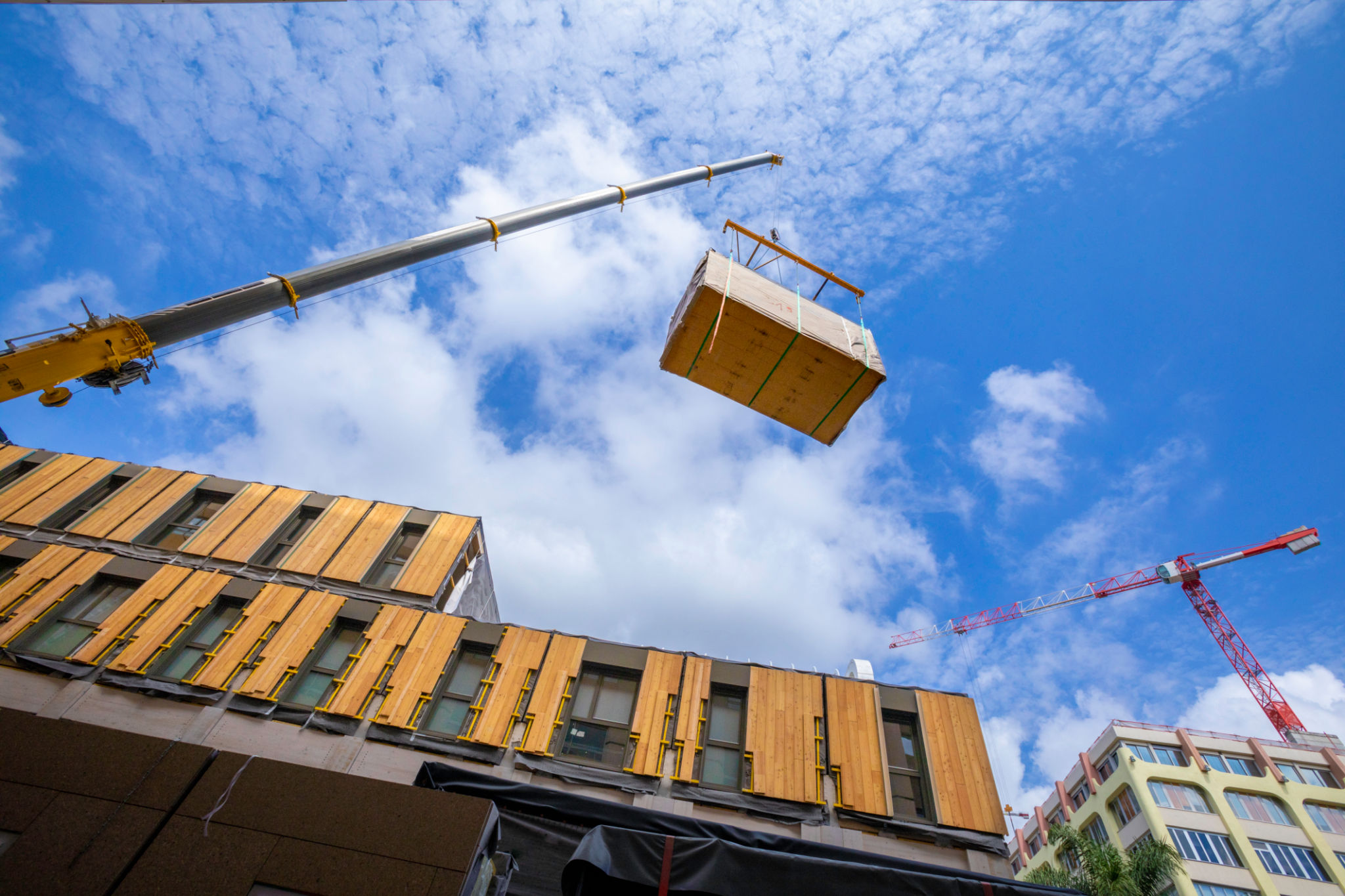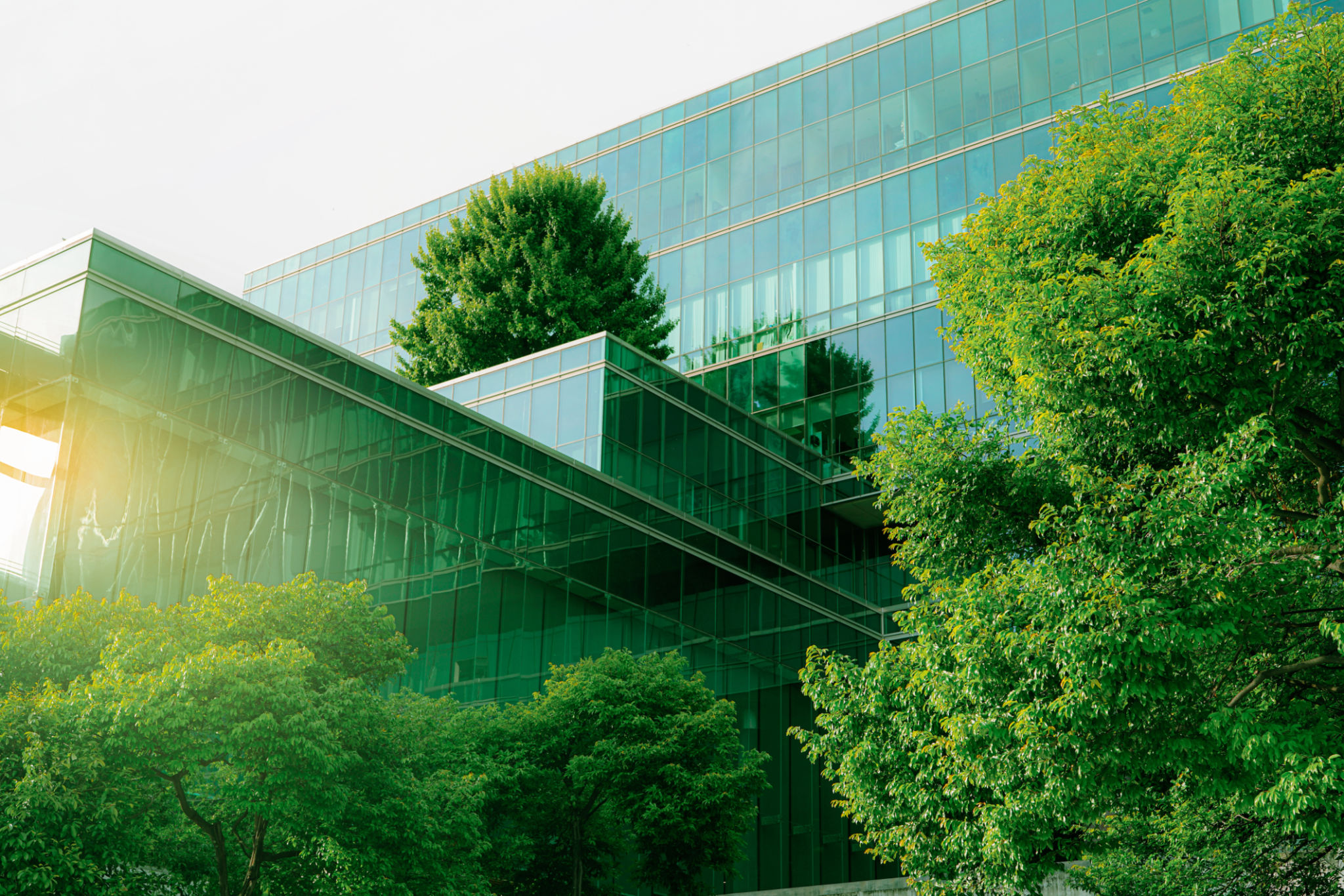Eco-Friendly Construction Practices: Building a Sustainable Future in South Florida
Introduction to Eco-Friendly Construction
In recent years, the construction industry has seen a significant shift towards sustainability, particularly in regions like South Florida, where environmental concerns are at the forefront. Eco-friendly construction practices are not only essential for reducing the carbon footprint but also for enhancing the quality of life for residents. By embracing sustainable building techniques, South Florida is paving the way for a greener, more resilient future.

Benefits of Sustainable Building Practices
Adopting eco-friendly construction methods offers numerous advantages. Firstly, it reduces waste and minimizes the impact on natural resources. By using sustainable materials and energy-efficient technologies, construction companies can significantly lower their environmental impact. Moreover, green buildings often have lower operating costs due to reduced energy consumption and water usage.
Residents also benefit from living in eco-friendly homes. These structures are designed to provide better indoor air quality, which can lead to improved health and well-being. Additionally, sustainable buildings often have greater durability and require less maintenance, making them a wise investment for the future.
Innovative Materials and Techniques
The use of innovative materials and construction techniques is a hallmark of eco-friendly building practices. In South Florida, this includes utilizing locally sourced materials to reduce transportation emissions. Recycled materials, such as reclaimed wood and recycled metal, are also becoming increasingly popular.
Advanced building techniques, such as modular construction and prefabrication, are gaining traction as well. These methods not only speed up the construction process but also reduce waste and improve efficiency. Moreover, incorporating renewable energy sources like solar panels can further enhance a building's sustainability.

Water Conservation Strategies
Water conservation is a critical component of sustainable construction in South Florida, where water resources are often limited. Implementing water-efficient fixtures, such as low-flow toilets and showerheads, can significantly reduce water usage in residential and commercial buildings.
Additionally, rainwater harvesting systems are being incorporated into new construction projects. These systems collect and store rainwater for non-potable uses like irrigation and landscaping, reducing the demand on municipal water supplies.
Energy Efficiency in Construction
Energy efficiency is a cornerstone of eco-friendly construction practices. By designing buildings with energy conservation in mind, developers can create structures that require less energy to heat, cool, and power. High-performance insulation, energy-efficient windows, and smart HVAC systems are all essential components of an energy-efficient building.

The implementation of smart home technology further enhances energy efficiency by allowing residents to monitor and control their energy usage remotely. This not only helps reduce utility bills but also minimizes the overall environmental impact.
The Future of Sustainable Construction in South Florida
As awareness of environmental issues continues to grow, the demand for sustainable construction practices will likely increase. In South Florida, developers are rising to the challenge by integrating eco-friendly methods into their projects and setting new standards for the industry.
Government incentives and regulations are also playing a crucial role in driving this shift towards sustainability. By offering tax breaks and grants for green building initiatives, local authorities are encouraging more developers to adopt eco-friendly practices.
Conclusion: Building a Greener Tomorrow
Eco-friendly construction practices represent a vital step towards building a sustainable future in South Florida. By embracing innovative materials, energy-efficient technologies, and water conservation strategies, the region can create resilient communities that thrive in harmony with the environment.
As the construction industry continues to evolve, it is imperative for all stakeholders to collaborate in promoting sustainable practices. Together, we can build a greener tomorrow for generations to come.